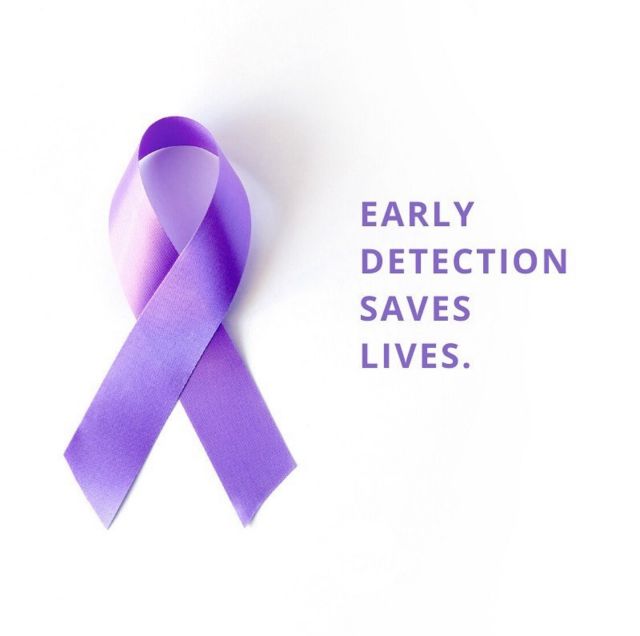Pancreatic cancer, which is characterized by its aggressive character and often late-stage diagnosis, poses a significant issue in oncology. While scientists continue to research the complexity of this disease and complexities, there are many questions raised regarding its cause. Genetic predispositions. prevention strategies. as well as the support provided by pancreatic cancer charities.

Can Pancreatic Cancer be genetic?
The genetic element of pancreatic cancer is among of the most common concerns. Some pancreatic cancers are associated with genetic mutations. Although the majority of cases of pancreatic carcinoma are believed to be sporadic (meaning they do not appear to be hereditary) there is a small percentage of cases could be inherited. Certain genetic syndromes like hereditary pancreatitis (also known as hereditary pancreatitis), Lynch syndrome (also called Lynch syndrome) and familial multi mole malignancy (FAMMM syndrome) are linked to a higher risk of pancreatic cancer. Genetic mutations such as BRCA1, BRCA2, PALB2, ATM, and others have been associated with familial pancreatic cases. Understanding the genetic causes of pancreatic cancer not just helps to understand its causes but also informs screening and risk evaluation strategies for those at high risk.
Pancreatic Cancer Prevention
In light of the terrible outlook of pancreatic carcinoma, it is crucial to take the necessary steps to avoid its development. While some risk factors, such as race, age or gender, as well as family history are out of one’s hands, lifestyle changes can reduce the risk. The reduction of pancreatic tumor risk is a result of stopping smoking, maintaining your weight in a healthy range and limiting alcohol consumption, and consuming a diet that is rich in vegetables, fruits and whole grains. Additionally, those with the family experience of pancreatic cancer or known genetic predispositions may benefit from genetic counseling and tests to evaluate their risk and provide preventive strategies. In groups at high risk, addressing modifiable factors and encouraging early detection could help prevent pancreatic cancer. For more information, click Prevent pancreatic cancer
Principal Factors that Cause Pancreatic Cancer
Understanding the causes of pancreatic cancer is essential for developing effective strategies for prevention and treatment. The specific mechanisms involved in pancreatic carcinogenesis are not known however a number of risk factors are in play. Smoking cigarettes is one of the major risk factors associated with pancreatic cancer, accounting for 20-30%. Pancreatic inflammation, or chronic pancreatitis (a condition which causes inflammation of the pancreas), has been related to pancreatic carcinoma. Obesity, diabetes and certain food items, like red meat and processed animal products, are also associated with an elevated likelihood of pancreatic carcinoma. By addressing these major risk factors and taking specific preventive measures, risk of pancreatic cancer is likely to be minimized.
Pancreatic Cancer Charity: A Beacon of Support
It is difficult to understate the importance of pancreatic-cancer charities, given the variety of issues pancreatic tumors face. These organizations serve as invaluable resource for caregivers, patients and healthcare professionals too providing support as well as education, advocacy as well as research funds. Pancreatic Cancer Charities provides a wide range of services, including financial assistance and support groups, as well as informational resources, and access to clinical trials. They also play an integral role in raising awareness of pancreatic cancer and encouraging early detection, and fighting for increased research funding and better patient care. Pancreatic cancer charities strive to fight pancreatic cancer by encouraging interaction with the community and collaborating.
Navigating the Landscape of Pancreatic Cancer
Pancreatic cancer is a complicated illness that requires a complete strategy that incorporates genetic understanding, prevention and support services offered by Pancreatic cancer charities. Although genetics play involved in a limited proportion of pancreatic cases prevention strategies focus on modifying factors and early detection in high-risk people. Through addressing the root factors that cause pancreatic cancer, and using the resources provided by pancreatic cancer charities, strides can be made towards improving outcomes, and ultimately decreasing the burden of this disease. With the progress in research and the increase in awareness, we can expect the best for those fighting pancreatic cancer.
Leave a Reply